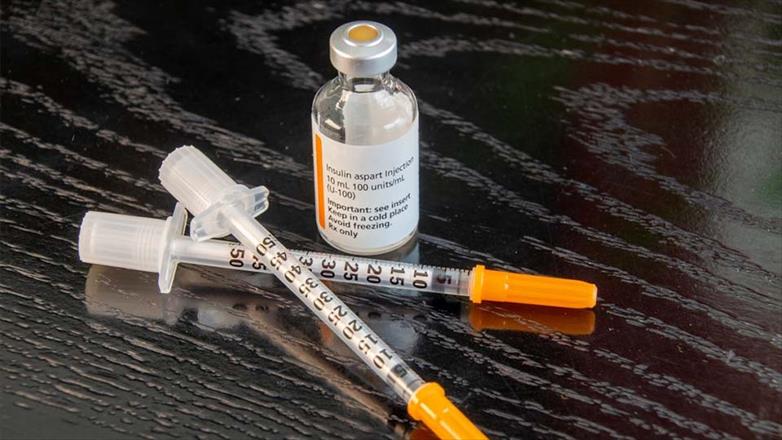Type 1 Diabetes: Symptoms, Causes & Treatment
What are the symptoms of type 1 diabetes?
Type 1 diabetes is a chronic condition in which the pancreas produces little to no insulin, a hormone that helps regulate blood sugar levels. Symptoms of type 1 diabetes can develop quickly and may include:
- Excessive Thirst: Increased thirst (polydipsia) is often one of the first signs of type 1 diabetes.
- Frequent Urination: Excess sugar in the blood can lead to increased urination (polyuria).
- Extreme Hunger: Despite eating, people with type 1 diabetes may still feel very hungry.
- Unexplained Weight Loss: Weight loss may occur despite increased appetite and eating.
- Fatigue: Feeling tired or fatigued is common, as the body is unable to use glucose for energy.
- Irritability and Mood Changes: Fluctuations in blood sugar levels can affect mood and behavior.
- Blurred Vision: High blood sugar levels can cause temporary vision changes.
- Yeast Infections: In women, frequent yeast infections may occur due to high blood sugar levels.
- Slow-Healing Sores or Cuts: High blood sugar can affect the body’s ability to heal.
- Nausea and Vomiting: In some cases, especially if blood sugar levels are very high, nausea and vomiting may occur.
- Sweet or Fruity Breath: Known as “diabetic ketoacidosis” (DKA), this condition can cause breath to smell sweet or fruity.
If you or someone you know is experiencing symptoms of type 1 diabetes, it is important to seek medical attention immediately. Type 1 diabetes requires lifelong management with insulin therapy, blood sugar monitoring, and lifestyle changes. Early diagnosis and treatment can help prevent complications and improve quality of life.
What are the causes of type 1 diabetes?
Type 1 diabetes is an autoimmune condition in which the immune system mistakenly attacks the insulin-producing beta cells in the pancreas. The exact cause of this autoimmune response is not fully understood, but it is believed to involve a combination of genetic and environmental factors.
Genetic Factors: People with a family history of type 1 diabetes are at higher risk of developing the condition. Certain genes that are associated with an increased risk of type 1 diabetes have been identified, but having these genes does not guarantee that a person will develop the condition.
Environmental Factors: Environmental factors, such as viral infections, may trigger the autoimmune response that leads to type 1 diabetes in people who are genetically predisposed. Some viruses, such as enteroviruses, have been suggested as possible triggers.
Autoimmune Response: In type 1 diabetes, the immune system mistakenly targets and destroys the insulin-producing beta cells in the pancreas. This leads to a lack of insulin, which is necessary for regulating blood sugar levels.
Type 1 diabetes is not caused by lifestyle factors such as diet or exercise, although these factors can affect how the condition is managed. It is also not contagious and cannot be passed from person to person like a cold or flu. While the exact cause of type 1 diabetes is not fully understood, ongoing research aims to better understand the underlying mechanisms and develop new treatments.
What is the treatment for type 1 diabetes?
The main treatment for type 1 diabetes is insulin therapy, which aims to replace the insulin that the body is unable to produce. There are several types of insulin, and the treatment plan is tailored to each individual’s needs. Treatment for type 1 diabetes also includes monitoring blood sugar levels, following a healthy diet, regular physical activity, and maintaining a healthy weight. In some cases, oral medications or other injectable medications may be prescribed to help manage blood sugar levels. It’s important for individuals with type 1 diabetes to work closely with their healthcare team to develop a comprehensive treatment plan that meets their needs and lifestyle.




